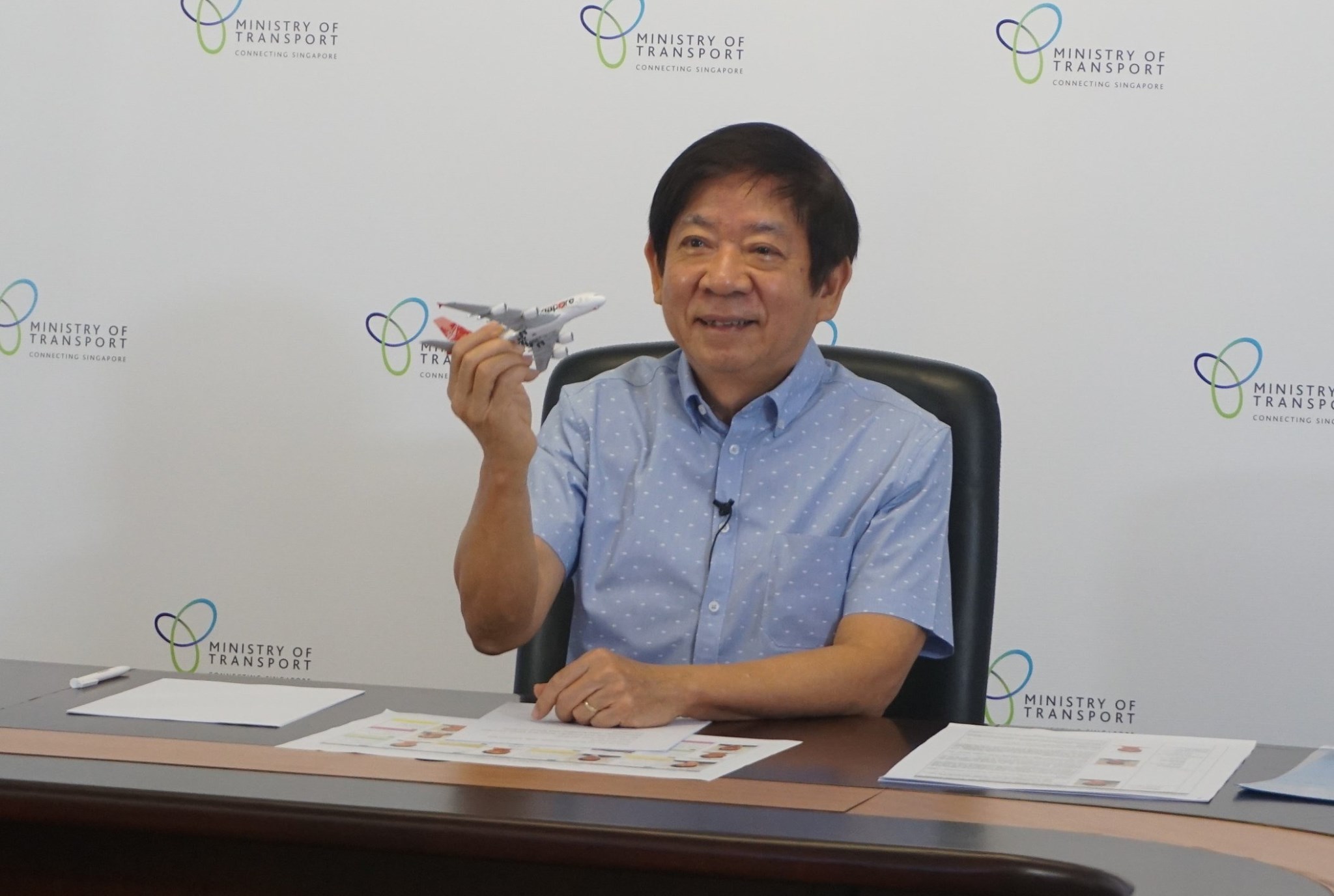A former elder of the ruling party has been chosen to lead a nonprofit set to oversee Singapore Press Holdings’ failing media assets as board chairman.
The posting of Khaw Boon Wan was announced in parliament today by Communications and Information Minister S Iswaran, who detailed the company’s restructuring plans, saying SPH’s management shareholders – including state enterprise Temasek – agreed on the former transport minister “given the national importance of this undertaking and the scale of the challenge.”
Khaw, 68, agreed to chair the board when SPH Media Holdings restructures less than a week after SPH announced that it was amputating its hemorrhaging media properties, including national daily The Straits Times.
“With his high standing and more than 25 years of public experience in various senior appointments, Mr Khaw will be able to provide strong, strategic leadership for the CLG,” he said. Khaw quit politics last year and last served as a coordinating minister for infrastructure and minister of transport for five years, as well as chairman of the People’s Action Party from 2011 to 2018.
Members of the new nonprofit’s board will come from the managing shareholders before it expands to include “newer and more diverse institutions.” The rest of the management shares are controlled by OCBC, NTUC Income, Singtel, DBS, Great Eastern, National University of Singapore, UOB, and Nanyang Technological University.
Iswaran said the government was ready to provide funding in areas such as digital innovation and capability development, noting that it has a similar financing model with national broadcaster Mediacorp. He also said that the government “does not intend or expect” the restructuring to affect the relationship between the Ministry of Communications and Information and SPH newsrooms.
Doubts about editorial independence
In response to Iswaran’s statement, Opposition Leader Pritam Singh asked whether the government would consider forming a committee to study the public’s expectations on editorial standards and independence.
Iswaran bristled at the question, saying people have had a chance to express their views in surveys, citing a YouGov poll.
“I would venture that that culture already exists in Singapore in the news media, and I think they do a disservice to our journalists and editors to suggest anything to the contrary,” he said.
Workers’ Party’s Sylvia Lim also questioned why someone closely linked to the government was appointed chairman, to which Iswaran said the perception of a possible conflict of interest mattered less than the character and capability of the candidate.
By generally accepted journalism standards, the appearance of possible conflicts is considered problematic and to be avoided.
SPH announced Thursday that it was reorganizing its media businesses, from magazines to radio stations, into a nonprofit after five years of declining revenues.
Iswaran wasn’t the first to be offended by routine questions about editorial objectivity.
SPH CEO Ng Yat Chung went viral for taking “umbrage” in a meltdown at a CNA reporter who asked about his organization’s independence should it accept government funding.
Singapore’s media, which is kept at heel through strict regulation and censorship, was ranked a “very bad” 160th last year in World Press Freedom by Reporters Without Borders.
Other stories you should check out:
SPH unloads failing media businesses into nonprofit
After SPH CEO’s meltdown, Singapore can’t stop, won’t stop using the word ‘umbrage’





Reader Interactions